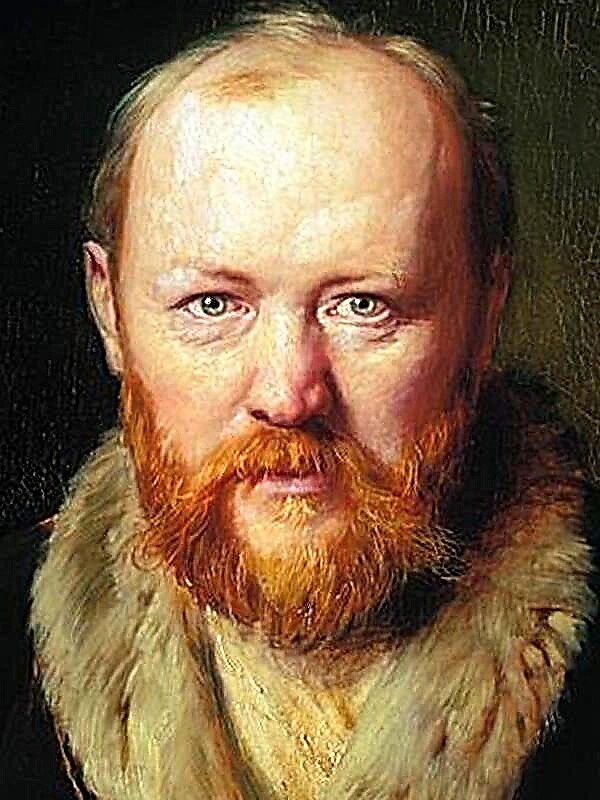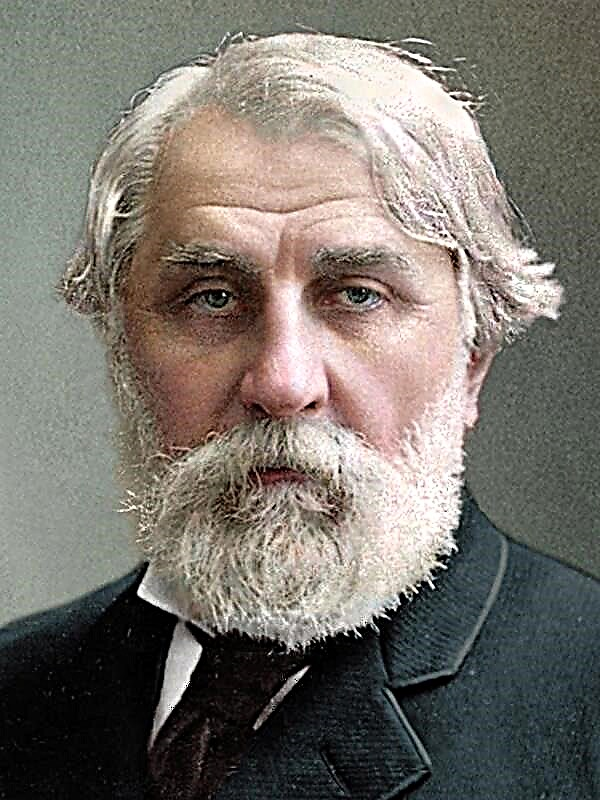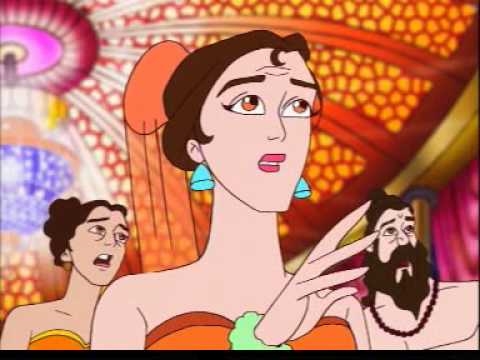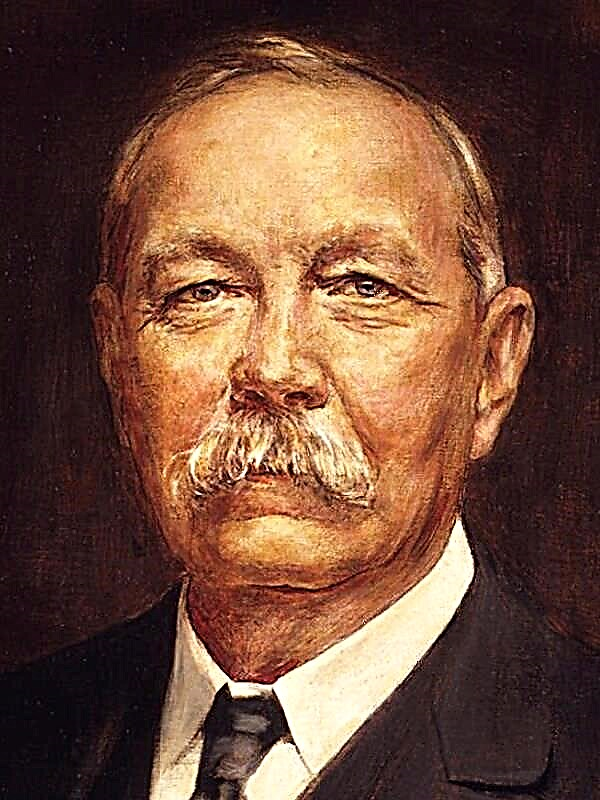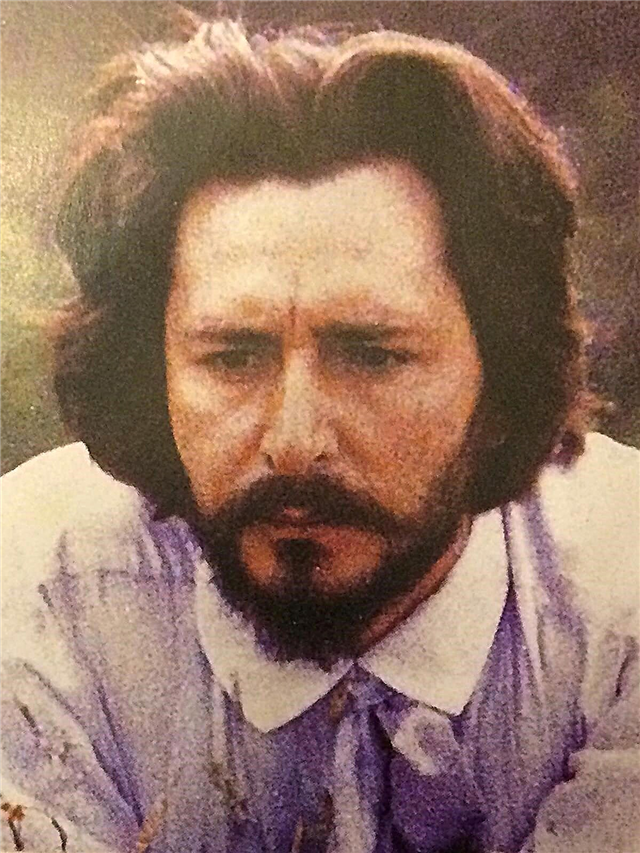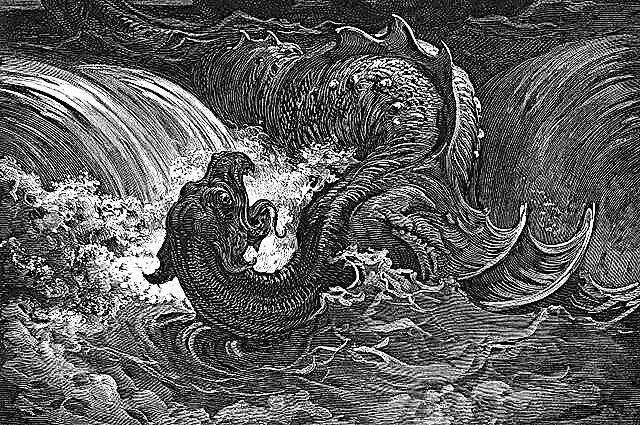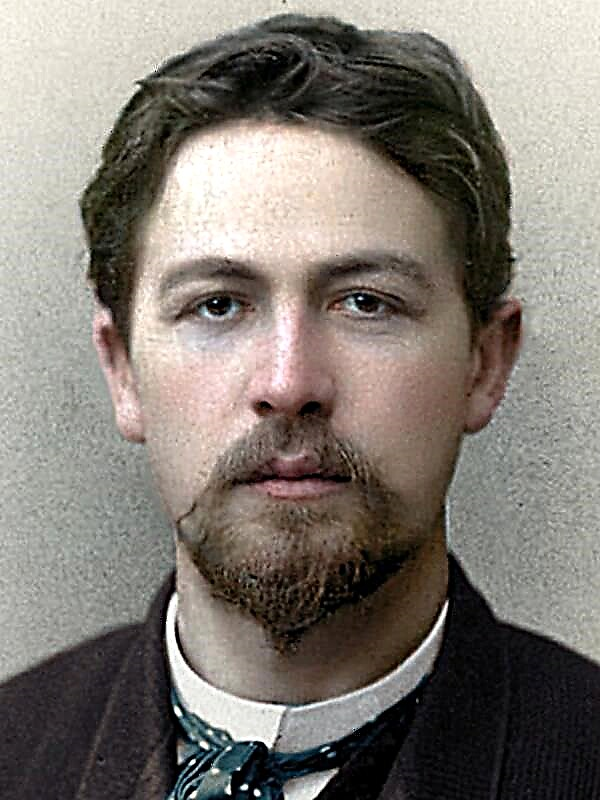As we know, initially a person is just a blank sheet of paper on which parents, environment, genetic predisposition and other factors of influence put their own touches. So, after some time after birth, the child acquires a character, a manner of holding, an individuality. So, when does this process end, and a personality is formed? I think, when a person realizes himself to be responsible to himself and society, starting to think and create distinctively.
In Zamyatin’s novel “We,” society is enslaved to the ideology of the Benefactor; there are no personalities at all. All people are numbered and lacking individuality, and their main task is the construction of Integral in order to integrate the universe. Straying in a heap, they lose their "I", they are easy to control, like soulless gears. Even such intelligent numbers as D-503, all the same, do not go beyond the scope of their slave existence. An attempt to break free from the shackles of a dominant society turned into shameful surrender for him. Fantasy was removed from him, and now his life certainly does not belong to him. But still he had a moment when his personality formed and gave a voice. In conversations with I-330, he opens up, gaining his opinion. He thinks on his own, realizing how monstrous the world state is headed by the Benefactor.
Many creators wrote about their formation. One of such works is the poem by A. S. Pushkin “October 19”, which the author dedicated to his friends - lyceum students - Pushchin, Delvig, Kyukhelbeker, Gorchakov. In this message, he demonstrates his emotions and feelings through the seasons. At the beginning of the work, the lyrical hero feels sadness and longing from a long separation from his comrades, from which memories of past cheerful years become his only joy. In particular, the feeling of longing can be traced in the lines containing a mention of the fact that many of his friends are no longer alive, and about the "holy union" of his classmates, which remained for the author an example of a unique and unbreakable friendship. The mood of the poet changes only when he begins to think about future meetings, after which the memories of lyceum friends change their emotional color and begin to warm his soul. We learn that it was in the Lyceum, among worthy and noble young men, that the poet's personality was formed and acquired a unique individuality. So, under normal conditions, people mature in youth, learning and making friends.
Thus, a personality is formed until a person clearly realizes himself in the context of society and the state, the collective and the social hierarchy. Setting priorities and landmarks, he learns to know the world. Of course, in the conditions of dictatorship and ignorance this process is delayed, but in normal life it ends in youth.




